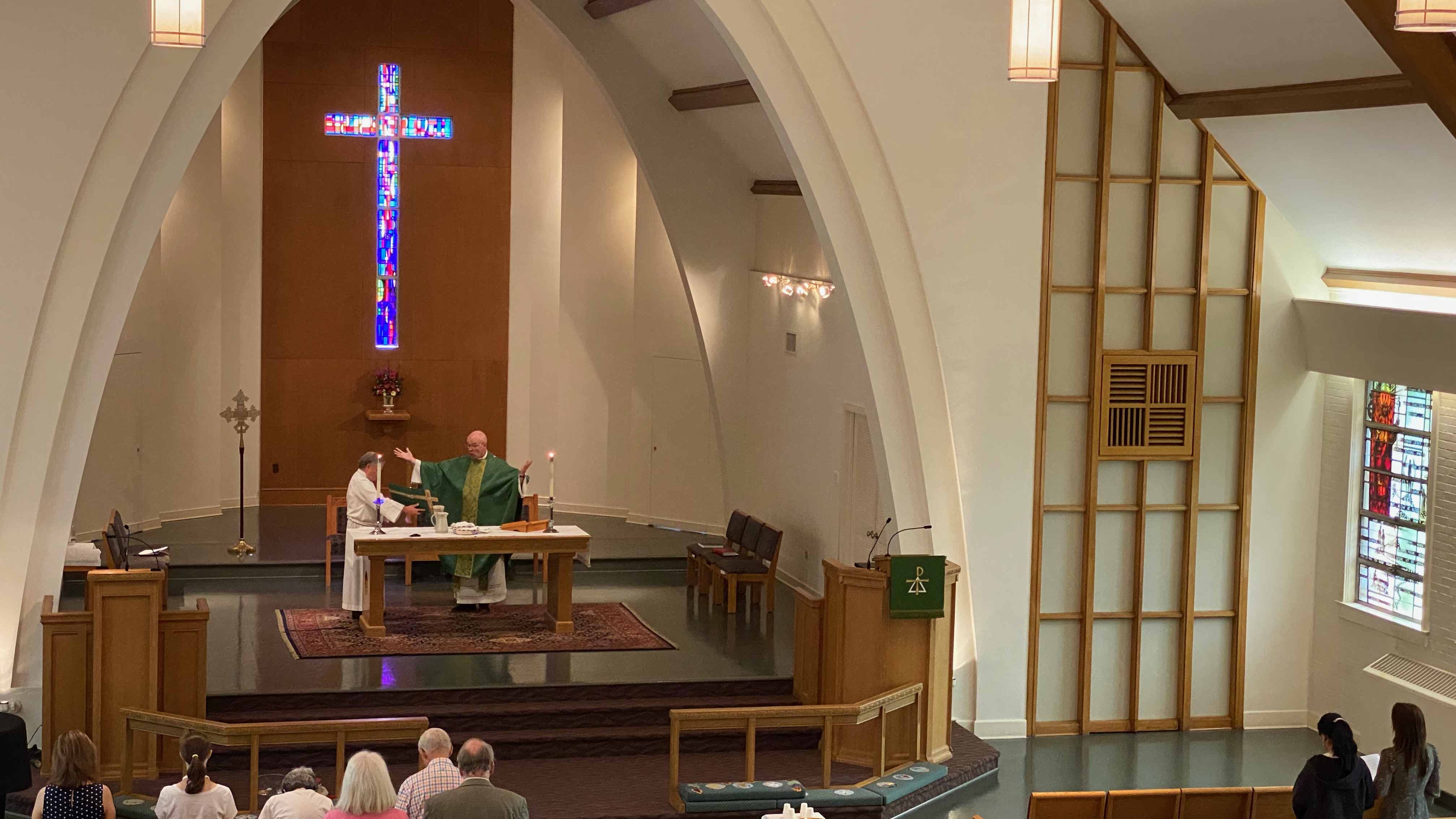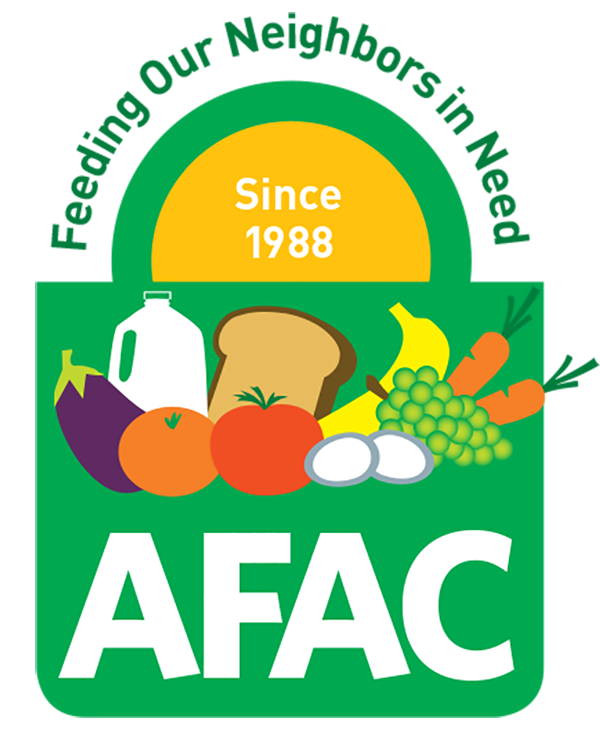Think about it. Arguably the primary thing we do – gathering on the Lord’s Day in person, in community – is fraught with risk. Our usual practice is to sit and stand close together in the pews of the nave. But this is a “no, no” according to all of the protocol documents. Any gathering again during current and future phases of the pandemic would require physical distancing and wearing facial coverings – stances unnatural to the Christian way.
We Lutherans love to sing our beloved hymns with gusto, communal singing being central to the Christian ethos in a Lutheran key. But such communal singing can project tiny aerosols containing the coronavirus over a dozen feet in front of us, much further than speaking. So, communal singing is not something we can do right now.
We cherish sharing the Peace of Christ – often with a warm handshake, but not now. Or we exchange Peace with a hug – also strictly forbidden. So, it will be the Peace of Christ with a bow to each other or a wave from a safe distance. Again, not natural to usual Christian behavior.
How we long to come together to celebrate again Holy Communion, the sacred meal of shared bread and a common cup, which makes known to our whole community the real presence of Christ Jesus. There is no straightforward, uncomplicated way safely to celebrate the Eucharist that does not also compromise the full meaning of this holy, sacramental sign.
So, what I am left with is the disquieting conclusion that Christian community is dangerous! The basic, central, beloved things we do put us at significant risk of spreading viral infection. This has always been true. In a routine flu season, the risks we take are generally not such a big deal. But during a global pandemic with a virus that can cause serious illness, further complications, and death, especially for the most at-risk, vulnerable populations, our need to protect these persons becomes paramount. So much so that love of neighbor, central to Luther’s understanding of Christian ethics, causes us to fast from what is most dear and central to the church in order to guard against dangers.
Doing the things of Christian community is dangerous – but it’s also beautiful in the love that our habits communicate.
Let’s think about the dangers of Christian community from a theological perspective. Being vulnerable together in community is integral to our assemblies. In fact, such enfleshed, embodied vulnerability is the among the central ends of the Incarnation, when the Word of God, the Word who is God, was made flesh in Jesus of Nazareth. God shows divine love to such an extent that God becomes one of us in Jesus, whom we confess as the Christ, the true Son of God. Becoming one of us means participating intimately and fully in all of our dangerous vulnerabilities. If we take Jesus’ humanity seriously, we have to conclude that at several points in his earthly existence he succumbed to colds, and the flu and other natural, human maladies. Then there was his vulnerability to the dangerous human malady of sin in what he suffered and endured in the final days of his life before his death and then resurrection.
This is a beautiful thing, that God in Christ Jesus would get up close and personal in the dangerous world that we inhabit in order to save us, to heal us, to make us whole again. It is also a beautiful thing when Christian communities risk such vulnerability when we gather, when we sing and pray in common, when we offer the Peace of Christ, when we share one bread, one cup.
But the call to sacred vulnerability does not mean that God intends for us to engage in reckless behavior, especially when love of neighbor is also most central to our Christian calling and understanding. That is, we are not fasting from what is dear and central to Christianity for ourselves. No, we are enduring such fasting out of a desire to protect the lives of those most vulnerable to this viral scourge – because we love them. Moreover, our fasting from dangerous Christian communal activity currently makes us vulnerable in other ways. In the absence of gathering in person, we are now more vulnerable to the ravages of loneliness and disconnection from community, for example. We are vulnerable to losing sight of the central things of Christian life when we do not practice them regularly. And so on. Thus, our life together continues to bring us close to dangerous realities. But in Christ and by God’s grace, again, there is loving beauty in both our actions and restraint from activity – done in Christian freedom for our neighbor. Remember that Christian liberty is a freedom for the other and not from the other. When done for the sake of love of neighbor, donning facial coverings when we are in proximity to others is done in freedom for neighbor love – it’s not an infringement on our personal liberties….
A common question I hear from many members is this: when are we going to worship in person again? There is no easy answer to this question, as the course of the pandemic is, as we are seeing in the daily news, a moving target with many unpredictable twists and turns. But please know that our re-opening planning team is taking its work and discernment very seriously.
As we move forward in such discernment toward decision-making, our considerations are best guided by two central principles. One principle, of course, and again, is for us to do that which best expresses love of neighbor in protecting the most vulnerable to the coronavirus. The second principle is for us to endeavor to take up whatever modified practices in worship and in gathering that strive to honor faithfully the fullness of the meaning of what we do in our liturgical and sacramental practices.
To conclude this missive, please pray for our sacred work of discernment that will lead to decision-making in due course. And pray for patience to endure this season, knowing that what we suffer in Jesus’ name in loving vulnerability is finally a beautiful thing by God’s grace.
God in Christ lead and guide us in faithful ways in the power of the Holy Spirit,
Pastor Jonathan Linman






